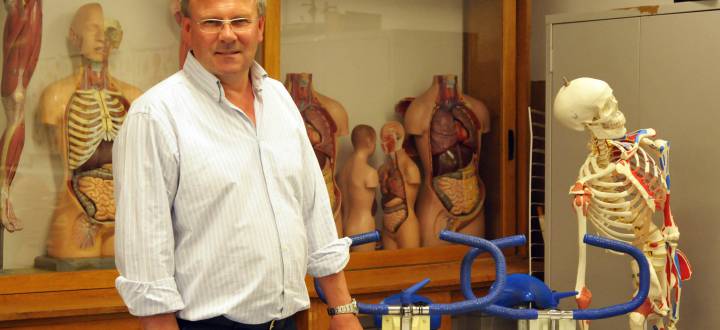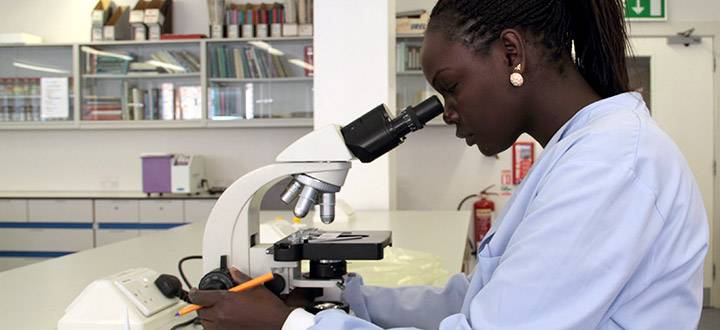Animal research
The University does not carry out research involving animals on its premises. The Home Office licenses all scientific procedures in the UK under the Animals (Scientific Procedures) Act, (ASPA) 1986.
In 2012, ASPA was amended to bring UK law into line with the requirement of EU Directive 2010/63, and new codes of practice and guidance came into effect from 1 January 2013. Visit the UK government's website for full details on the law on scientific research and testing involving animals.
Where Kingston University staff or students are associated with research involving animals, researchers are advised at an early stage to consider the opportunities for reduction, replacement and refinement of animal involvement.
Any research involving animals is conducted by suitably qualified and licensed individuals at licensed premises, and is subject to ethical approval by an appropriately qualified research ethics committee. The nature of Kingston University's involvement is recorded on the Kingston University Research Ethics Online System (KUREOS).
We are using definitions as per the ASPA:
- Protected ‘animals' under ASPA includes all vertebrate species and cephalopods including octopus, squid and cuttlefish. It also extends to the embryonic stages of these animals once they have developed to a point where they can experience pain.
- By ‘research' we refer to animal experiments that could potentially cause pain, suffering, distress or lasting harm to animals under the responsibility of humans. Observational research that does not cause any harm is usually acceptable but the PVC (Research) should be informed of any projects which could be deemed controversial.
Contact us
- For non-student research enquiries, email the Research Office
- Research contacts
- Graduate Research School contacts
- Business and Enterprise contacts
- How to get to Kingston University
Useful links
![]() StaffSpace document: Please note that these links are to StaffSpace, our staff intranet, so are only accessible to current staff.
StaffSpace document: Please note that these links are to StaffSpace, our staff intranet, so are only accessible to current staff.
Contact us
- For non-student research enquiries, email the Research Office
- Research contacts
- Graduate Research School contacts
- Business and Enterprise contacts
- How to get to Kingston University


